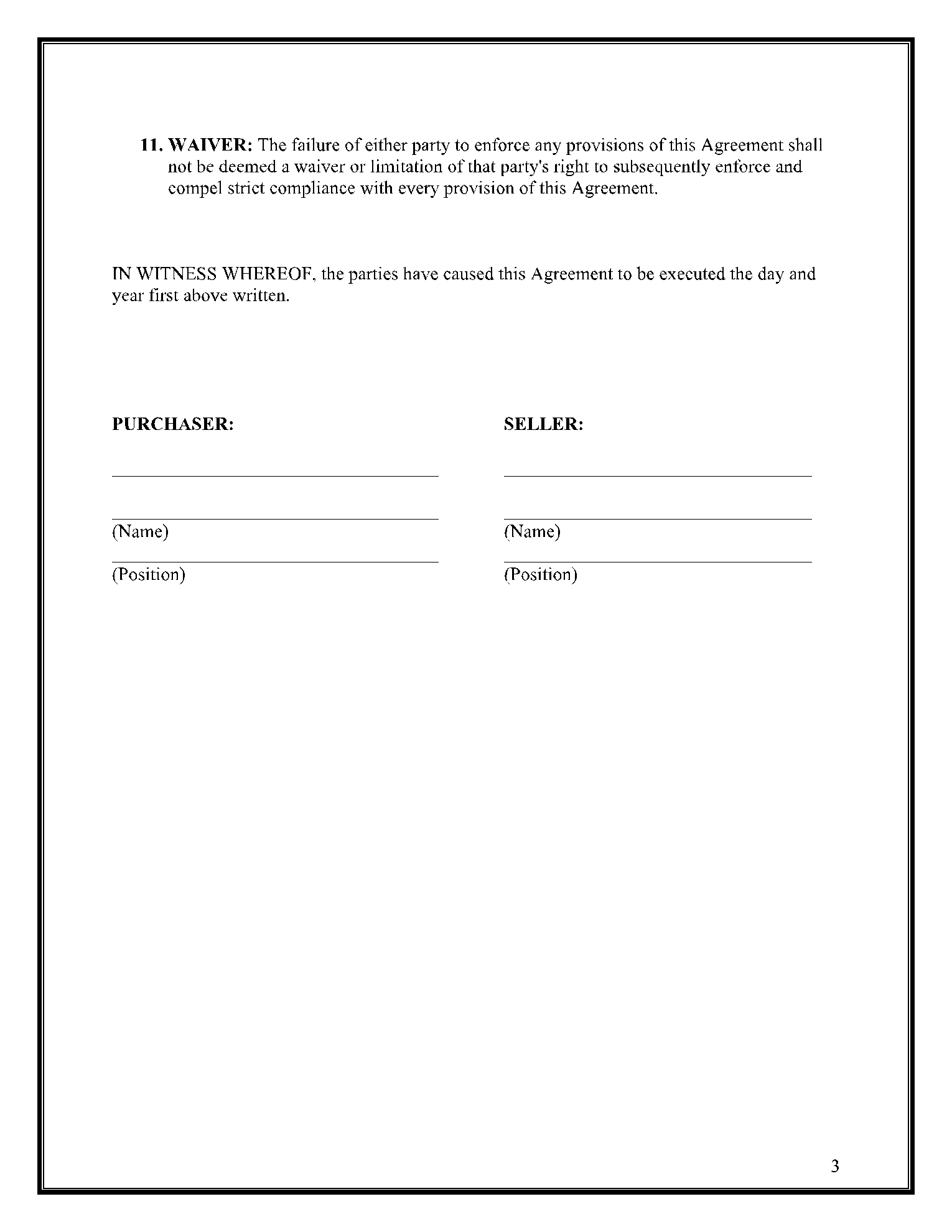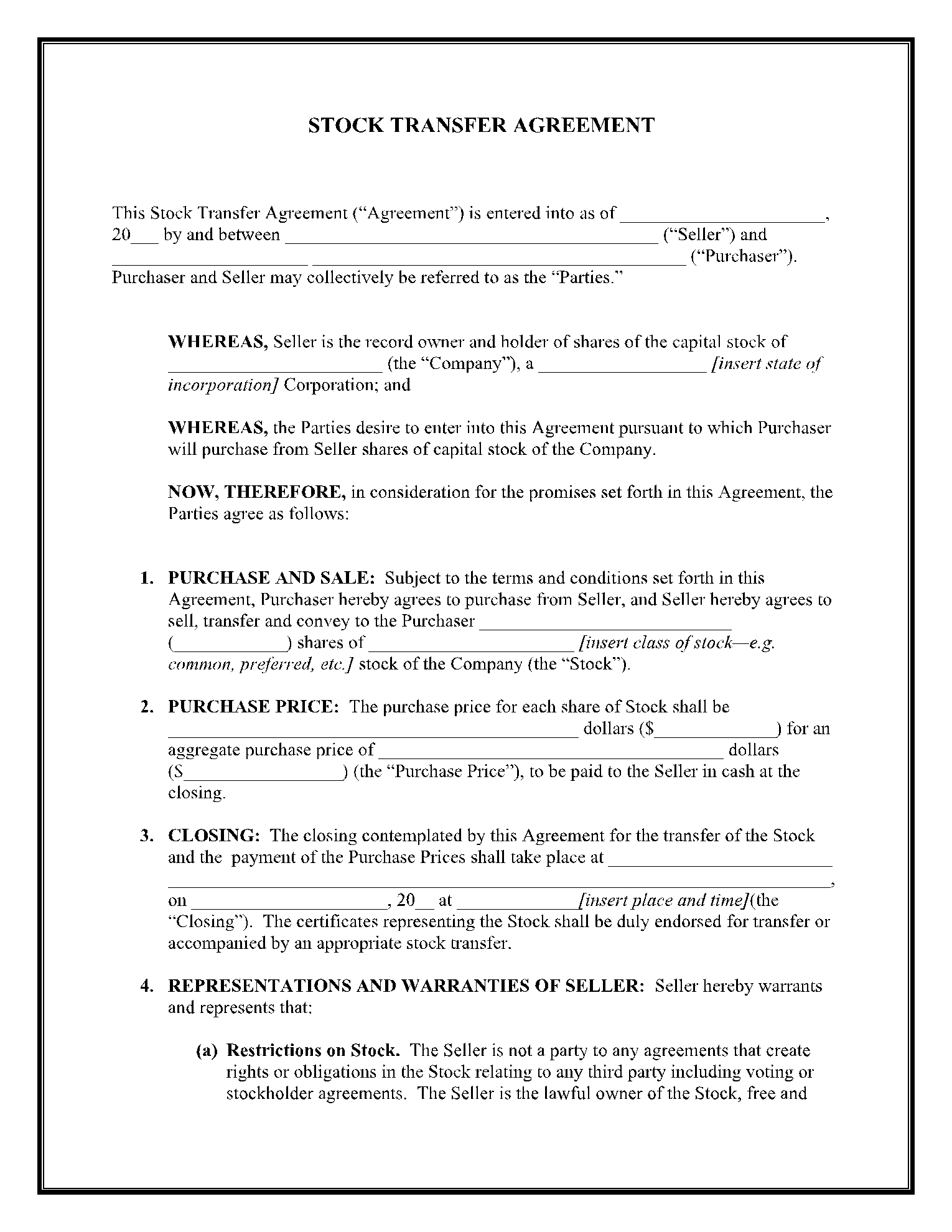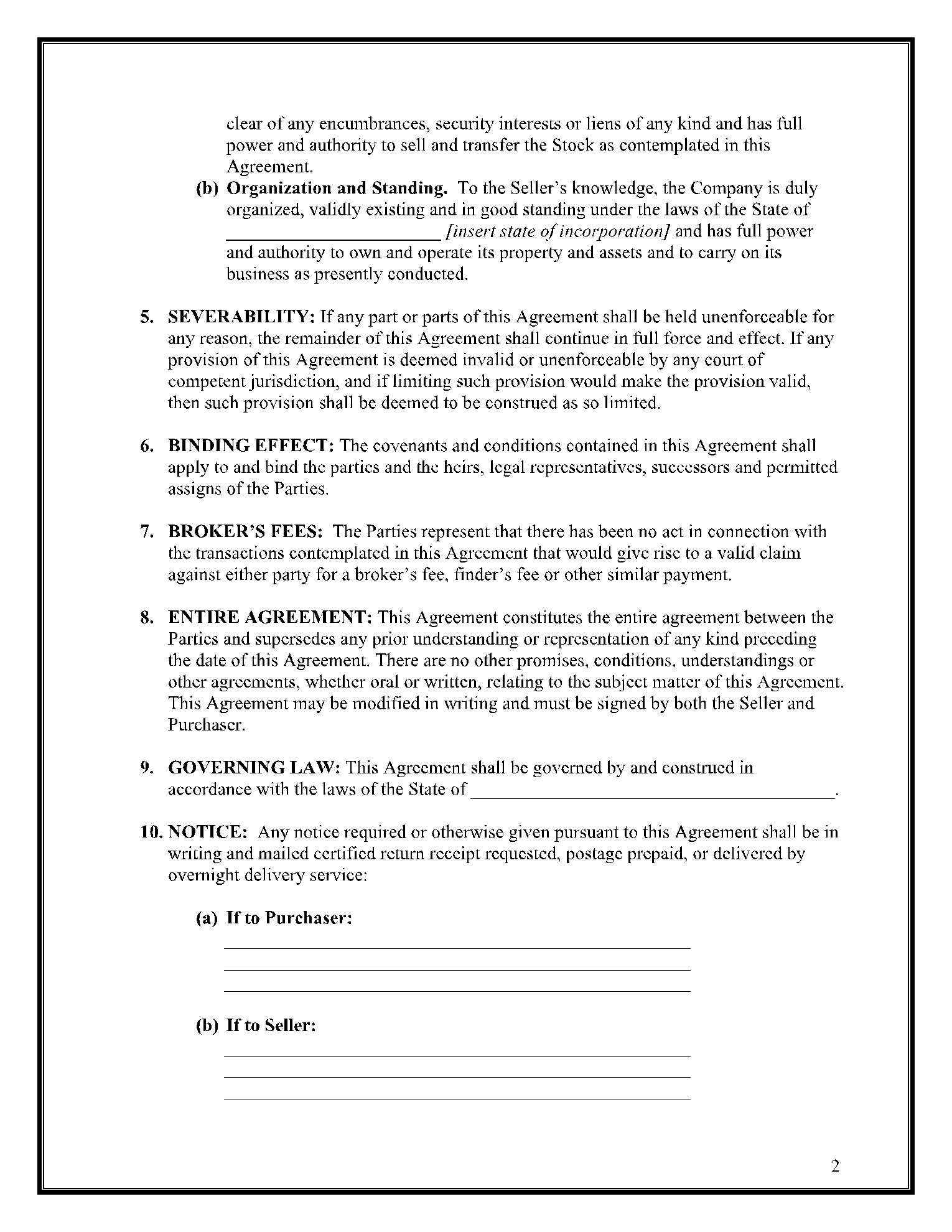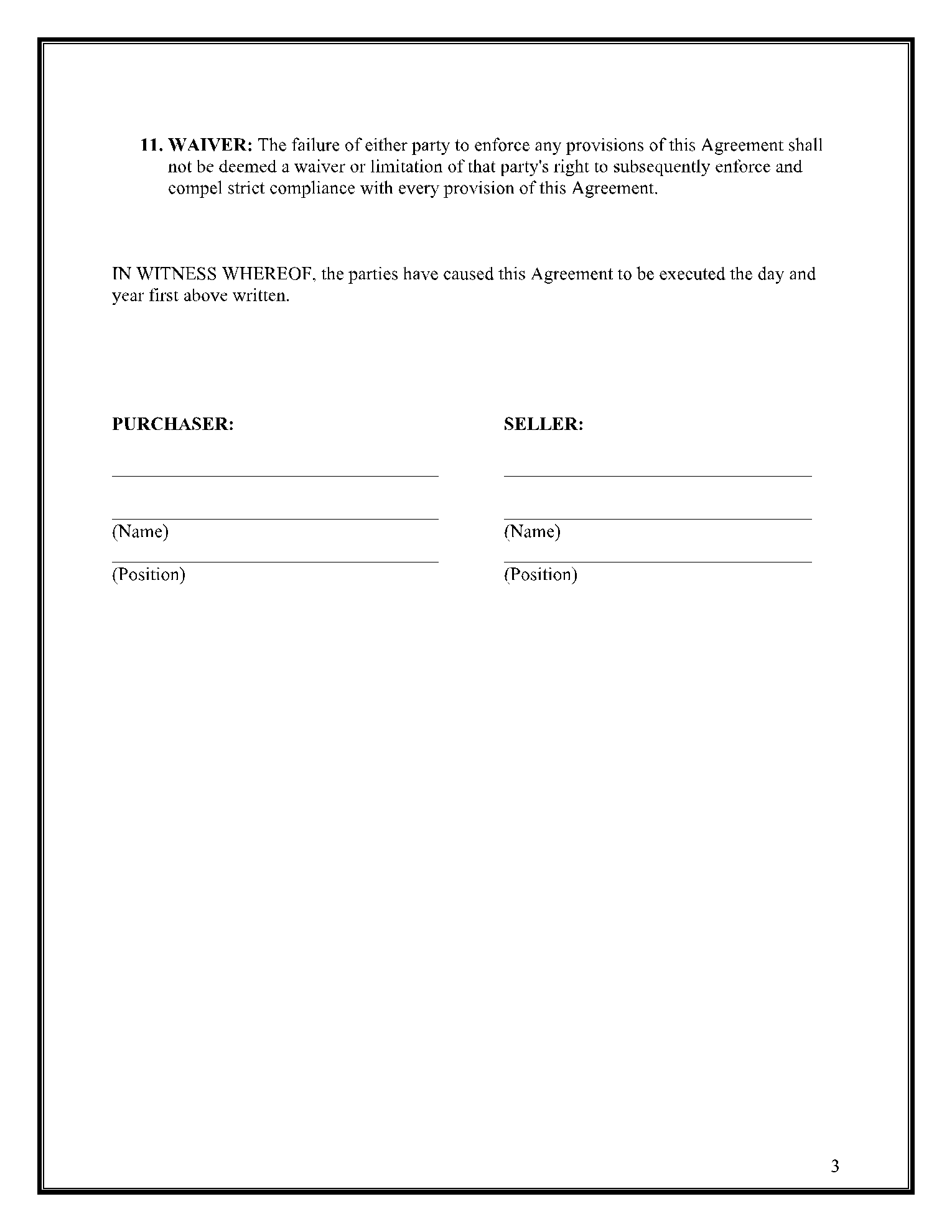Do you want to transfer or purchase the shares of any company? You should be using a stock transfer agreement to cement your transaction.
If you find this too laborious and time-consuming a task, we assure you that it is not. At CocoSign, we have developed readily usable share transfer agreement templates. They have been crafted by legal experts by minutely considering the various terms and conditions.
If you are confused about what this agreement entails and what its various benefits are, this article will shed some light on it. Read on and you will understand most of it is simply a matter of a few minutes.
What Is a Stock Transfer Agreement?
A stock transfer agreement is used during the sale and purchase transaction of the shares of a company. It is also called a stock purchase agreement or a share transfer agreement.
There are two parties in this agreement:
- Transferor: An organization or an individual who wants to transfer his stocks in return for money.
- Transferee: The individual or company that purchases the stocks from the owner or the transferor.
This agreement is a legal document which specifies that the stocks have been now transferred by the transferor, the price of the transfer along with other important information and conditions.
It also grants the receiving party certain powers as the new shareholder of the company.
When is a Stock Transfer Agreement Needed?
A stock transfer agreement is needed when an individual or an organization wants to sell, purchase, or transfer their shares to someone else.
For example, if you are selling your stocks in an XYZ company to your colleague, you would be signing this transfer of shares agreement.
Along-with signing this agreement, the seller would also need to transfer all the respective documents and certifications of the stocks to the buyer and both the parties would exchange money as negotiated.
This agreement helps to safeguard the interests of both the parties as it is governed by a body of law which ensures that fair practices are being adopted.
What Are the Benefits of Having a Stock Transfer Agreement?
The most important use of entering into a stock transfer agreement is that it formally cements the deal and the terms and conditions agreed upon by both parties. It overcomes the limitations of relying only on verbal discussion and makes it binding.
The agreement is also important as it clearly indicates to the transferee that the transferor is still the owner of the stocks.
This gives the former a lot of faith and peace-of-mind about the deal. It also acts as a proof for the buyer that the stock transfer has taken place and he now owns them.
Due to the share transfer agreement doc, the nature of the transaction becomes very transparent, not just to the two parties but also to any outsider. It also helps to avoid any confusion between them as both the parties get clarity about the rights they possess.
The stock transfer agreement also spells out the representations, warranties, or guarantees of the involved parties. This way, there is seldom any scope left for misunderstandings and it can also prevent future disputes.
However, still, if some dispute arises in the future, the agreement is a handy proof to use as evidence in the court of law.
What Is Included in a Stock Transfer Agreement?
You would see some basic details in even a simple stock purchase agreement:
- Details of both the parties: Name and contact information of the buyer or the transferee and the seller or the transferor of shares.
- Validity: Date on which the agreement comes into effect and the region where it is enforceable
- Details of shares transfer transaction: It generally includes how many shares are being transferred, what their values are, type of shares such as common/ preferred shares, with or without voting rights, etc.
- Governing jurisdiction: This refers to the law under which the agreement will be governed.
- Termination and modification: Clauses related to how this agreement can be ended or modified.
- Warranties and Representations of both the parties
- Indemnification clause
Download and check out the sample of our share transfer agreement pdf file and explore all these points for yourself. You can see that it is a really intricate document. We advise you to understand the agreement thoroughly before signing it.
What Are the Side Effects of not having a Stock Transfer Agreement?
As we have seen above, there are a lot of benefits to both parties if they sign a stock transfer agreement during the transaction. If they choose not to do so, there are some side-effects as well.
If the parties do not sign a share transfer agreement and later they get into a dispute, the situation becomes difficult to manage. It may lead to serious and time-consuming legal complexity.
Another major drawback of not signing a stock transfer agreement is that it gives the parties the freedom to sell their shares to outsiders or people who are not a part of the organization whenever they want.
It can be prevented by providing a “Right of Refusal” clause into the agreement itself. This “Right of Refusal” clause means that the existing shareholders will have the right to purchase the shares before it is sold to outsiders which can safeguard their interests.
It can help as:
- It overcomes the need to deal with new shareholders that you don’t like.
- It can help them regain or increase their ownership stake in the company.
What Are the Consequences of Violating a Stock Transfer Agreement?
Share transfer agreement between shareholders is a binding document and there can be consequences if you violate one.
- If a situation arises when a party violates the norms of the Stock Transfer Agreement, a legal action can be taken against them. You have the option of taking the party to court as per the previously agreed-upon jurisdiction.
- Most often, share transfer agreements also include an arbitration clause. This clause states that in case any dispute arises between the parties, then the matter can be solved via arbitration.
Do You Need a Professional Valuator While Signing a Stock Transfer Agreement?
People generally hire a professional valuator when they are buying or selling the shares of companies that are not traded publicly.
In such cases, there is no ready benchmark of prices, and the price you arrive at may under-value or overvalue it. A professional person has expertise in valuing such firms and can also give you a lot of credibility.
However, it is not really essential to use a professional valuator when signing a stock transfer agreement. What’s more, it may even be quite expensive.
Conclusion
It is a really beneficial legal piece when you are transferring or buying shares and you shouldn’t rush into the deal without signing one. CocoSign has developed wonderful stock transfer agreement templates that you can use free of charge.
They will simplify a lot of legal hassle for you while also saving you significant time and money. Our website is also a rich source of several other agreement templates that you can use anytime very easily.



